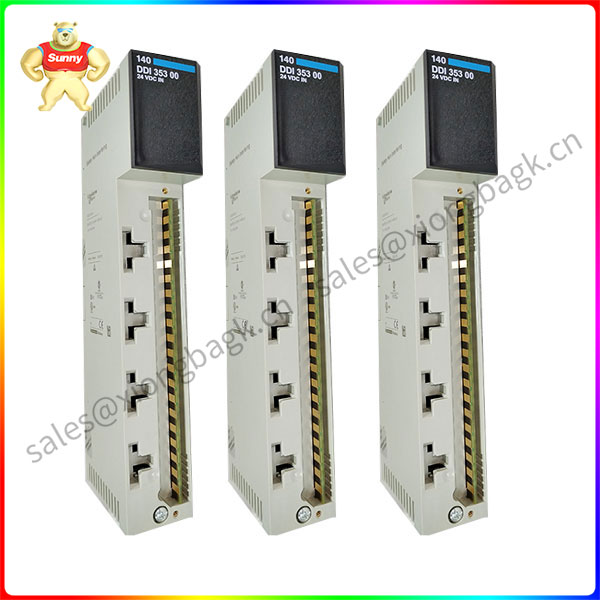Modern mobile service robot analysis
To determine the best way to provide these capabilities, it is important to first understand the current state of the art technology, including its advantages and limitations. RoomieBot is designed around the Intel RealSense camera, Intel Movidius VPU, and Intel NUC platform. This hardware suite provides a good foundation for early mobile service robots with the vision and computing capabilities required for:
Simultaneous Localization and Mapping (SLAM) for autonomous navigation
Visual detection algorithms for identifying people and objects
NLP for voice user interfaces
Functions to control embedded motors and actuators
However, as enterprises look to scale up the production of these systems for mass market deployment, there may be a need to upgrade, improve per-watt performance and simplify integration. Notably, these can be achieved through the adoption of 12th generation “Alder Lake” Intel Core processors.
Small size, high performance and low power consumption
The latest Intel Core processors offer significant performance improvements over the 8th-generation Intel NUC. The performance boost is due to the addition of eight cores to the new processor (out of a total of 12), but this is not an effect that can be achieved by any kernel. The 12th generation of Intel Core processors pioneered the introduction of a hybrid core architecture consisting of traditional performance cpus and new efficient cores. The efficient kernel is optimized for compute-intensive workloads such as system administration and task control.
All of this increased performance is achieved with minimal power tradeoffs, as the Intel Core i7-12700TE processor has a TDP of just 35W, compared to 28W for previous 8th-generation mobile processors. For mobile service robots, this helps perform 
Intelligent integration, out of the box
The ability to seamlessly integrate 12th-generation Intel Core processors into a variety of different mobile service robot architectures is another key consideration for mass production and deployment.
The Advantech 4 “EPIC small single-board computer MIO-4370 (165 x 115mm in size) supports 35W 12th generation Intel Core desktop processors with up to 16 hybrid cores and 24 threads of execution. The MIO-4370 provides Oems and system integrators with a robust edge intelligence module with all the I/O required for modern mobile service robots, such as a variety of high-bandwidth I/O and serial ports for easy integration of visual inputs, sensing sensor suites, control signals, programming, and debugging
Support independent three display, resolution up to 5K
Rich networking and extensions, including two 2.5 GbE interfaces, support for time sensitive networking (TSN) and Intel vPro
Three M.2 expansion slots (2 x M.2 2280 PCIe 4.0, 1 x PCIe 5.0) for high-speed NVMe storage and video transcoding, fetching, or xPU acceleration cards
Other components such as smart fans, TPM 2.0, and an audio system for voice communication
Iot edge applications like mobile service robots consist of many different applications and functions, and Advantech Embedded single-board computers have been tested and certified for compatibility to work with Canonical’s Ubuntu Linux distribution for containerized application development. Each container has its own system image, so mobile service robot programs can be coded without relying on or worrying about other system requirements. This reduces development time and complexity and speeds up compliance, as changes to each container can often be certified individually once the entire system has been approved.
Integration is further simplified by tools such as Advantech’s iManager 3.0, which provides an API for controlling user operating system I/O. Advantech’s Edge AI Suite and DeviceOn go a step further by providing a user-friendly SDK based on Intel’s OpenVINO toolkit, enabling engineers to optimize deep learning models and deploy them to 12th generation Intel Core processors.
Mobile service robots: Out of the factory into the home
In conclusion, platforms like MIO-4370 are not just controllers for smart robots, they are the building blocks for smart mobile service robots, with higher performance, lower power, faster development, and greater cost effectiveness than ever before. In short, these integrated solutions are a prerequisite for scaling up intelligent mobile service robots for mass production. The future of having your own “Rosey” won’t just be for the few, thanks to a highly integrated development environment, the future is closer than you think.
 中文版
中文版




